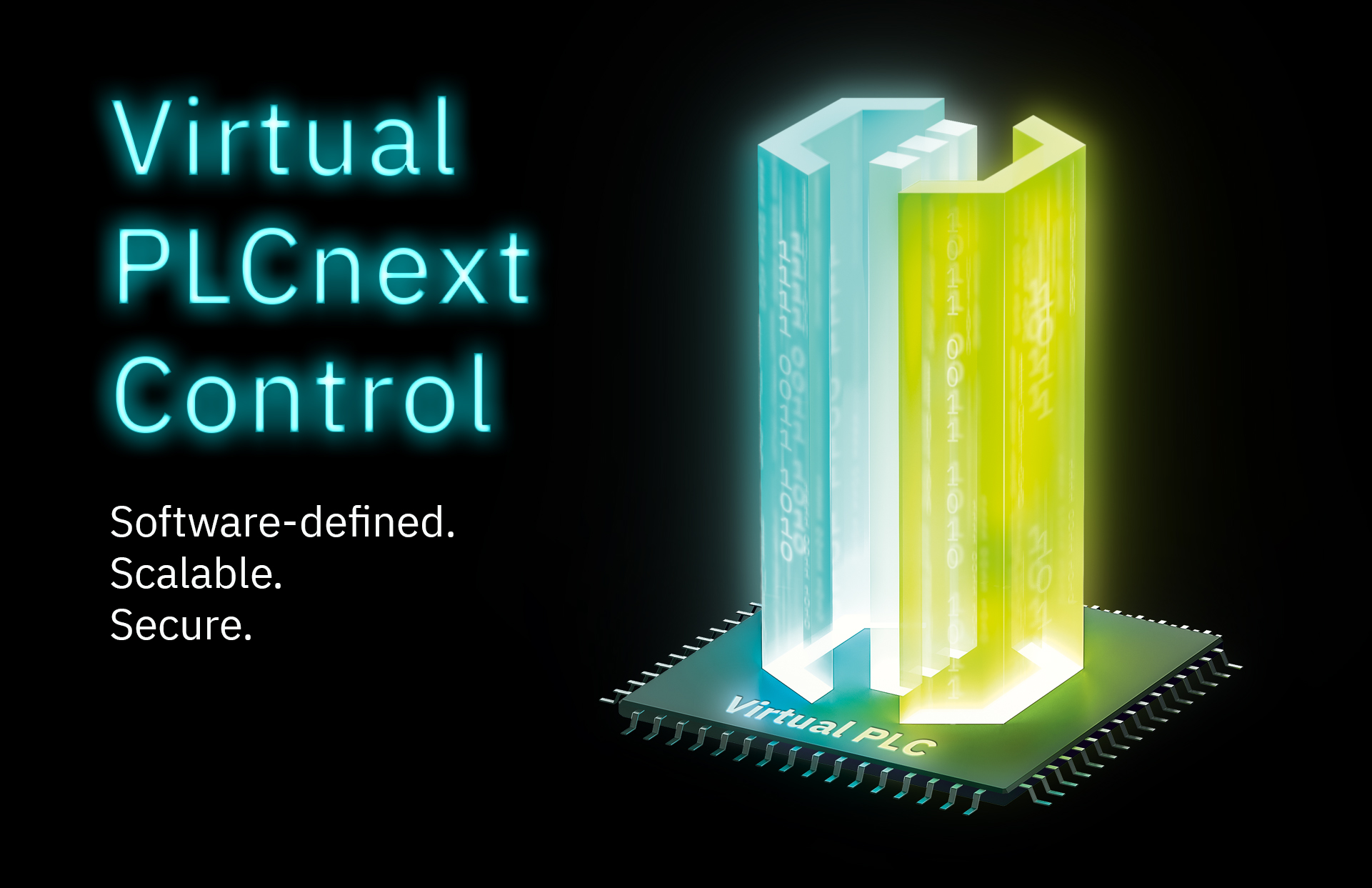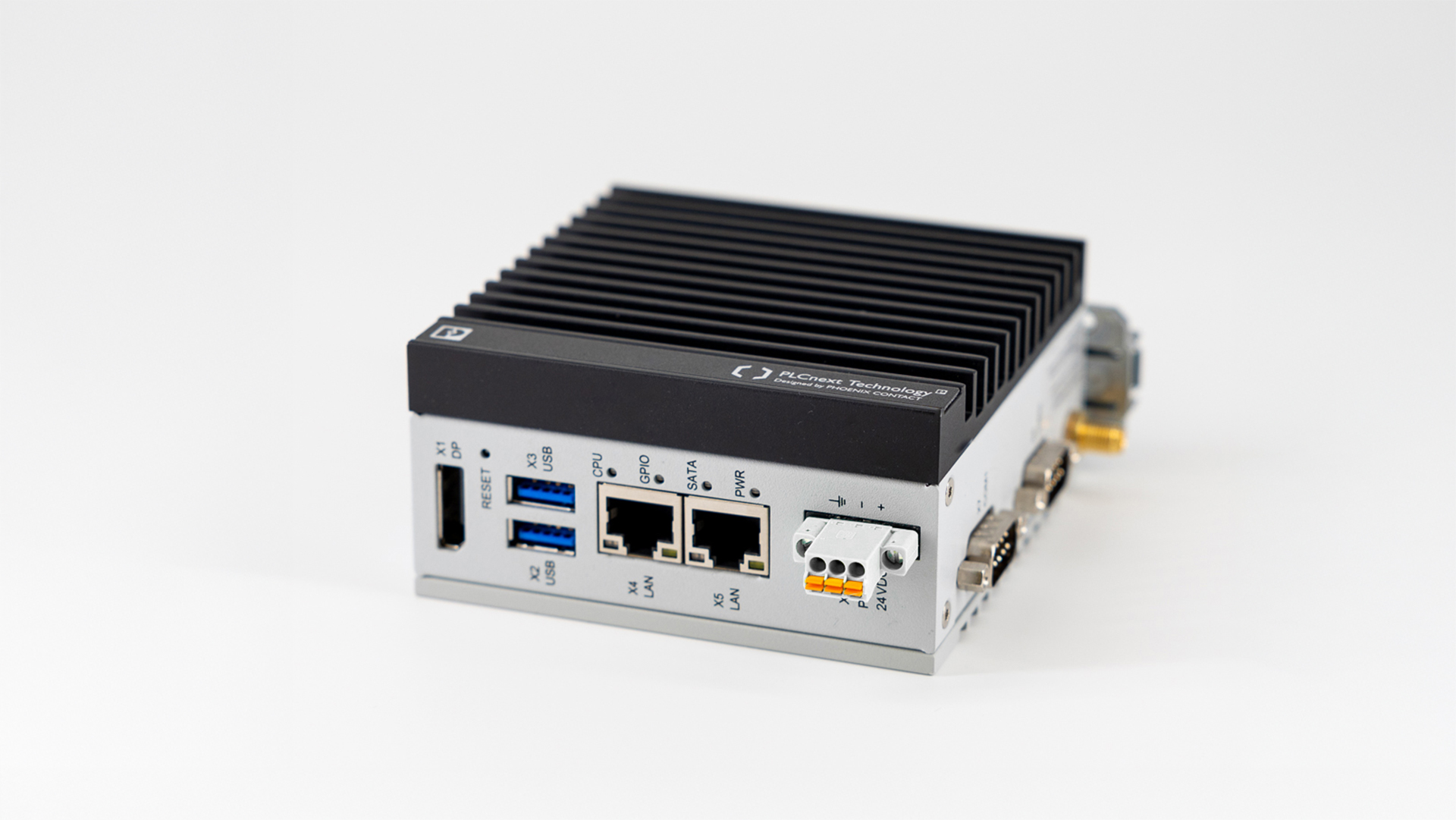This is my archive
Creating a new C++ project in Visual Studio Available from 2020.6 This topic describes the general approach to C++ programming on PLCnext Technology with Microsoft® Visual Studio® IDE using the C++ PLCnext Technology Extension from Phoenix Contact. Of course, you might use also the Eclipse® IDE, or any other IDE or code… Read More
Working with Visual Studio® Valid from toolchain 2021.6 – for former releases see Creating a C++ project with Visual Studio This topic describes the general approach to C++ programming on PLCnext Technology with Microsoft® Visual Studio® IDE using the C++ PLCnext Technology Extension from Phoenix Contact. Of course, you might use also the Eclipse® IDE,… Read More
Creating and using shared (consumable) libraries Available from 2021.0 LTS Creating a shared (consumable) library Developing a library which can be consumed by other projects is a useful feature. A project with the type consumablelibrary can be created by means of the PLCnext CLI or one of the IDE tools provided… Read More
PLCnext Technology API documentation In the the PLCnext Technology API documentation find all the modules, namespaces, classes and files for C++ programming. The latest release is also embedded into the search function of the PLCnext Community, so you get matches from the API documentation when searching for information there. These are all… Read More
Required Installations for C++ programming Valid from toolchain 2021.6 Mandatory installations In order to develop C++ programs and use them in a PLCnext Technology real-time application, the following installations are required. PLCnext Engineer automation engineering software The PLCnext Engineer software is required for starting up your PLCnext Control. For additional information, refer to… Read More
Creating functions and function block libraries written in C++ Available from 2023.0 LTS of the PLCnext Technology Toolchain This topic describes the general approach to program functions and function block libraries in C++ for use with PLCnext Engineer. This feature is based on Shared Native Libraries and is a combination of C++ implementation… Read More
PLM (Program Library Manager) The Program Library Manager (PLM) is part of the PLC Manager. It loads and unloads components during the runtime of the PLCnext Technology firmware. The PLM controls the entire service life of the component instance in accordance with the states of the controller and changes of… Read More
Datatype Worksheet Datatype worksheets can be deployed with the PLCnext Engineer library and there for being an optional part of the PLM and ACF project types. The plcncli generate config command or in IDE as part of the build process, generates a DataTypes.dt file in the intermediate folder. Each struct,… Read More
Creating a new C++ project in Eclipse® This section describes the general approach to C++ programming on PLCnext Technology with Eclipse® IDE. Of course, you might use any other IDE or code editor instead. Creating a new C++ project Tip: There’s a short tutorial video to all of… Read More
Common classes Common classes provide functions that may be helpful for programming. The PLCnext Technology-specific common classes are made available via the PLCnext Technology SDK. With the help of the SDK, it is possible to generate high-level-language programs in C++ for the PLCnext Technology framework. The SDK provides Arp firmware header files… Read More



